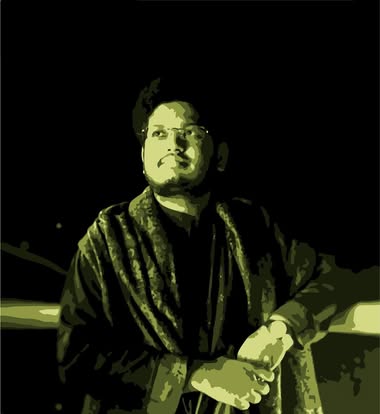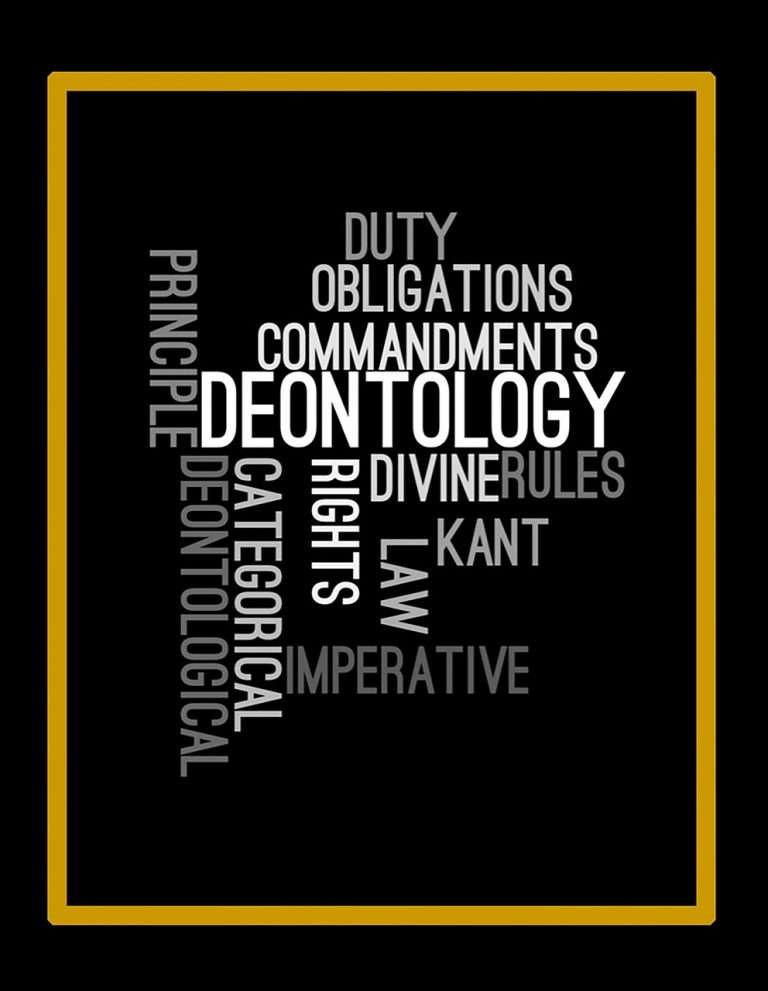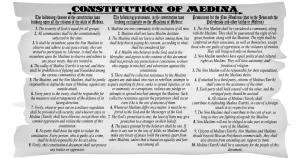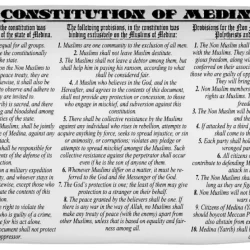Law is a system of rules and regulations that govern human behavior and provide a framework for a just society. Within this legal framework, two fundamental concepts play a pivotal role: wrong and duty. Understanding their meanings and how they are interconnected is essential for law students and legal practitioners alike. In this article, we will delve into the world of wrongs and duties, exploring their significance and shedding light on their intricate relationship.
What is Wrong?
In the legal realm, wrong refers to an act or omission that violates established laws or infringes upon the rights of others. It represents behavior that deviates from the accepted standards of conduct within society. Wrongful acts can cause harm, damage, or injury to individuals, property, or public interests.
According to Salmond, “a wrong is simply a wrong act-an act contrary to the rule of right and justice. A synonym of it is injury, in its true and primary sense of injuria, though by a modern perversion of meaning this term has acquired the secondary sense of harm or damage whether rightful or wrongful and whether inflicted by human agency or not.”
The concept of wrong serves as a foundation for legal systems worldwide, as it establishes boundaries and provides a framework for resolving disputes and maintaining order. It encompasses a broad range of behaviors, from minor infractions to serious offenses, and is essential for upholding justice and protecting individual rights.
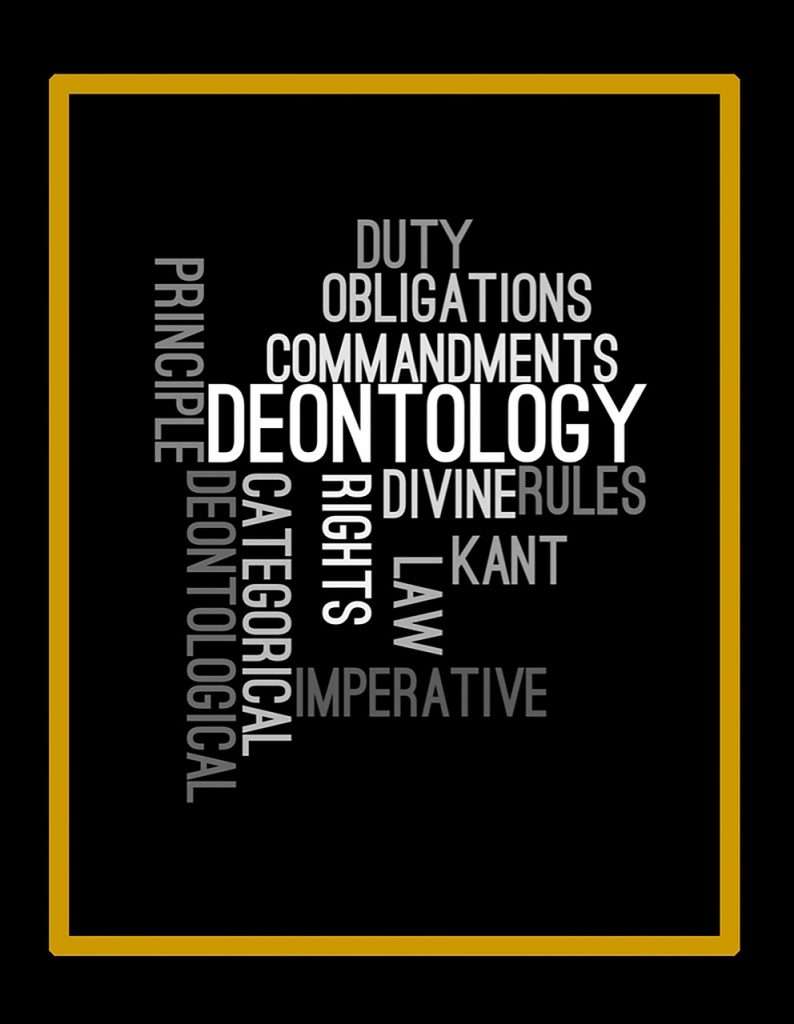
Wrongs can be classified into two broad categories: moral wrongs and legal wrongs.
Moral wrongs refer to actions that are considered morally or ethically unacceptable within a particular society or moral framework. These wrongs are based on principles of right and wrong that are not necessarily enforceable by law. Moral wrongs are subjective and vary across different cultures, religions, and personal beliefs. They involve behaviors that are considered morally reprehensible, such as lying, cheating, or betraying someone’s trust.
What is Law? What are the different types of law?
Legal wrongs, on the other hand, are actions that violate specific laws or legal regulations. These wrongs are recognized and enforced by the legal system, and breaching legal obligations can result in legal consequences, such as fines, penalties, or imprisonment. Legal wrongs are objective in nature, as they are defined by established legal frameworks including theft, assault, breach of contract, or driving under the influence of alcohol.
Types of Legal Wrong: civil wrongs (torts) and criminal wrongs:
Civil wrongs (Torts)
Civil wrongs, also known as torts, involve harm or injury caused by one party to another. These wrongs are primarily concerned with addressing individual claims for compensation rather than punishment. Torts can be further categorized into various types, including:
Negligence: When a person fails to exercise reasonable care, resulting in harm to others. Examples include car accidents caused by careless driving or slip-and-fall accidents due to hazardous conditions.
Intentional Torts: These are wrongful acts done with intent to cause harm or injury to another person. Examples include assault, battery, defamation, and trespassing.
Strict Liability: Certain activities or products may impose strict liability on individuals or companies, meaning they can be held responsible for any harm caused, regardless of fault. This includes cases involving defective products or hazardous materials.
Criminal wrongs
Criminal wrongs, as the name suggests, involve acts that are considered offenses against society as a whole. They are subject to criminal prosecution and can lead to penalties such as fines, imprisonment, or probation. Examples of criminal wrongs include theft, assault, murder, fraud, and drug offenses. The burden of proof in criminal cases is higher, requiring the prosecution to establish guilt beyond a reasonable doubt.
What is Duty?
In the legal realm, duty refers to the responsibility or obligation imposed on individuals or entities to act in a certain manner. It establishes the standards of conduct expected within society and forms the basis for legal rights and obligations. Duty sets the parameters for acceptable behavior and guides individuals in fulfilling their legal responsibilities.
According to Salmond, “a duty is an obligatory act, that is to say, it is an act of opposite of which would be wrong. Duties and wrongs are correlatives. The commission of wrong is the breach of a duty and the performance of a duty is the avoidance of wrong.”
Different types of Legal Duties: Legal obligations and Moral obligations:
Legal obligations
Legal obligations are duties imposed by law, either through legislation, regulations, or court decisions. These obligations are binding and enforceable, and failure to fulfill them can result in legal consequences. Some common types of legal obligations include:
Statutory duties: These duties arise from laws enacted by legislative bodies. They define the legal requirements that individuals must comply with, such as paying taxes, obeying traffic laws, or obtaining licenses and permits.
Contractual duties: When parties enter into a contractual agreement, they assume certain obligations and responsibilities. Breaching these duties can lead to legal disputes and potential liability. For example, a seller has a duty to deliver goods as specified in a sales contract, while the buyer has a duty to make timely payments.
Fiduciary duties: Fiduciary duties arise in situations where one party is entrusted with the responsibility to act in the best interest of another party. Examples include the duties of directors and officers to act in the best interest of a company’s shareholders or the duties of trustees to manage assets for the benefit of beneficiaries.
What is the rule of law and why is it important in a democratic society?
Moral obligations
Moral obligations, while not always legally enforceable, represent ethical and moral obligations that individuals or entities are expected to fulfill. Moral obligations are duties that are not imposed by law but are considered to be right or wrong based on moral principles. These responsibilities may arise from professional codes, societal norms, or personal ethics. Although not legally binding, failure to meet these responsibilities can have reputational consequences and impact relationships.
How Wrong and Duty are interconnected?
The relationship between wrong and duty is intricately intertwined. Duty sets the standards for acceptable behavior, outlining what individuals should and should not do. When a duty is breached or violated, a wrong occurs. In other words, wrongs stem from the failure to fulfill one’s legal obligations or responsibilities.
Imagine a situation where a person negligently causes a car accident due to reckless driving. Here, the driver has breached their duty to operate the vehicle safely, resulting in harm to others. The occurrence of the wrong, in this case, is directly linked to the violation of the duty owed by the driver.
Let’s explore how wrong and duty are interconnected:
Duty as a Foundation for Right Conduct:
- Duty establishes the standards of behavior and conducts expected from individuals within a society. It sets forth the obligations and responsibilities individuals have towards others, their communities, and institutions.
- By recognizing and accepting their duties, individuals commit to acting in a manner that upholds societal values, promotes fairness, and respects the rights and well-being of others.
- Fulfilling these duties contributes to the prevention of wrongs, as individuals are guided by their obligations to act morally and within the parameters of the law.
What is Woke Culture? Why is it so controversial?
Wrong as the Breach of Duty:
- Wrong, in the legal sense, occurs when an individual fails to fulfill their duties or engages in behavior that violates established laws, regulations, or ethical standards.
- Wrong is the opposite of right conduct and signifies a departure from expected behavior or the violation of legal obligations.
- When someone commits a wrong, they typically harm or infringe upon the rights of others, disrupt social order, or breach the trust placed upon them.
Legal Consequences for Wrong:
- When a wrong is committed, legal systems have mechanisms in place to address and rectify the harm caused by such actions.
- Legal consequences, as discussed earlier, serve to enforce compliance with the law, provide justice to the affected parties, and discourage future wrongdoing.
- The legal system holds individuals accountable for their wrongful acts by imposing penalties, such as fines, imprisonment, or civil liability.
Duty as a Mitigation of Wrong:
- Conversely, the existence of duties acts as a mitigating factor when assessing wrongs committed by individuals.
- Fulfilling one’s duties can serve as a defense or justification for certain actions that might otherwise be considered wrong.
- For example, a doctor performing a medical procedure may have a duty to prioritize the patient’s well-being and make decisions in their best interest. In certain circumstances, this duty may justify actions that would otherwise be considered harmful or intrusive.
As we have seen, wrong and duty are interconnected in a reciprocal relationship. Duty establishes the framework for expected behavior and guides individuals in fulfilling their legal and ethical responsibilities. Wrong, on the other hand, represents the breach or violation of these duties, resulting in harm or infringement upon the rights of others. Legal systems respond to wrongs by imposing consequences, while the fulfillment of duties can act as a defense or justification for certain actions. By understanding the connection between wrong and duty, individuals can navigate the legal landscape, uphold their obligations, and contribute to a just and harmonious society.
What is Judicial Review? How Does Judicial Review Shape the Law and Society?
Legal Consequences of Wrong and Duty
Legal consequences of wrong and duty refer to the outcomes or penalties that can arise from breaching legal obligations or committing wrongful acts. These consequences are established within the legal system to enforce compliance with the law, promote justice, and protect the rights of individuals and society as a whole. Let’s explore some of the legal consequences that can arise in the context of wrongs and duties:
Civil Consequences
Damages: In civil cases involving wrongs, the injured party may seek monetary compensation, known as damages, to recover losses or compensate for the harm caused by the wrongdoing. Damages can include medical expenses, property damage, loss of income, or pain and suffering.
Injunctions: In certain cases, a court may issue an injunction, which is a court order that requires a person to stop a particular action or behavior. Injunctions are typically used to prevent further harm or to maintain the status quo until a legal dispute is resolved.
Specific Performance: In contractual disputes, if a party fails to fulfill their obligations, a court may order specific performance. This means that the breaching party is compelled to perform their promised obligation as stated in the contract.
Criminal Consequences
Fines: Criminal wrongs can lead to monetary penalties imposed by the court. Fines serve as a form of punishment and deterrence for illegal behavior. The amount of the fine is typically determined based on the severity of the offense and may vary depending on the jurisdiction and specific laws.
Imprisonment: Serious criminal wrongs can result in imprisonment. Offenders may be sentenced to serve a specific period of time in jail or prison as a consequence of their illegal actions.
Probation: Instead of imprisonment, a court may impose probation as a legal consequence. Probation involves supervision by a probation officer and adherence to certain conditions, such as regular check-ins, community service, or substance abuse treatment.
What does the Rule of Law mean, and what are its fundamental principles?
Administrative Consequences
License Suspension or Revocation: Certain professional or regulatory bodies have the authority to suspend or revoke licenses or permits if individuals fail to fulfill their professional duties or engage in misconduct. This can apply to professions such as doctors, lawyers, accountants, or drivers.
Administrative Penalties: Administrative agencies have the power to impose penalties for violations of regulations or rules within their jurisdiction. These penalties can include fines, license restrictions, or the suspension of certain privileges.
It is important to note that the specific legal consequences for wrongs and breaches of duty can vary depending on the jurisdiction and the nature and severity of the offense. The legal system aims to provide proportionate and just consequences to encourage lawful behavior, deter wrongful acts, and uphold the principles of justice and fairness.
Conclusion
In conclusion, wrongs and duties are central to the legal system, guiding behavior and shaping legal outcomes. Wrong arises when duties are breached, and legal consequences follow. Understanding their interconnection is vital for law students and legal professionals, as it provides a framework for analyzing legal issues, promoting ethical conduct, and upholding justice within society. By recognizing the intricate relationship between wrong and duty, we can navigate the legal landscape with clarity and contribute to a more just and equitable society.
